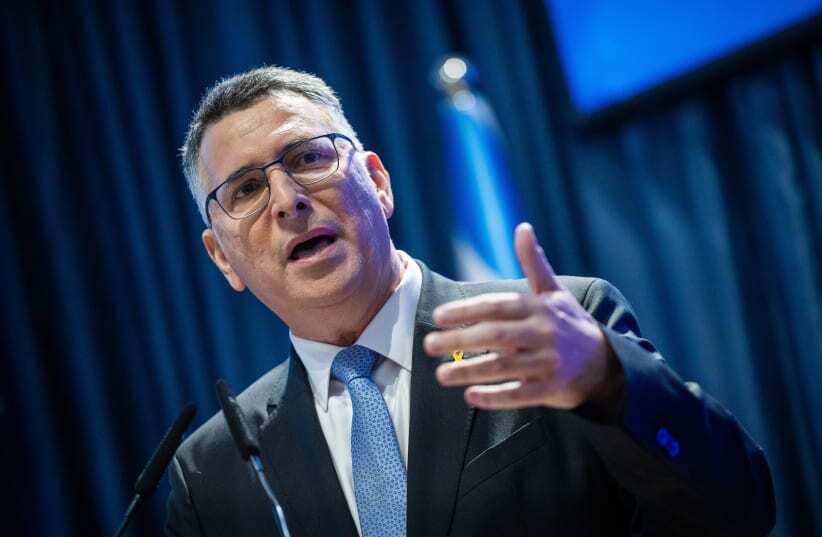At a time when there is talk of the launch of a new peace process in Turkey aimed at disarming the outlawed Kurdistan Workers’ Party (PKK), Israel’s new Foreign Minister Gideon Sa’ar has called for boosting ties with the Kurdish people, whom he called “a natural ally” of Israel, The Times of Israel newspaper reported.
In his first speech upon taking office on Sunday, Sa’ar described the Kurdish population, which lives in several countries in the Middle East, as “a great nation, one of the largest nations without political independence.”
He called Kurds victims of Iranian and Turkish “oppression,” while saying that Israel “must reach out and strengthen our ties with them.”
The minister’s remarks have been interpreted as a strategic push by Israel to form alliances with regional minorities, particularly given its tense relations with Iran.
Sa’ar’s comments come at a time when the Turkish government, led by President Recep Tayyip Erdoğan, is considering a renewed peace initiative with the PKK, given recent tensions in the Middle East.
In a surprise move, far-right Turkish Nationalist Movement Party (MHP) leader Devlet Bahçeli, typically an ally of Erdoğan, recently suggested allowing jailed PKK leader Abdullah Öcalan to address the main pro-Kurdish party group in the Turkish Parliament and call on the PKK to lay down its arms.
The PKK, designated a terrorist organization by Turkey and its Western allies, has waged a war against the Turkish state since 1984 in support of Kurdish rights. Tens of thousands of people have been killed in the conflict.
Bahçeli’s proposal marked a significant shift, given his longstanding opposition to talks with the PKK, and has fueled speculation about Ankara’s broader motives. Aslı Aydıntaşbaş, a senior fellow at the Brookings Institution, suggested that Turkey’s Kurdish policy could be an attempt to “shore up the home front” amid regional tensions with Iran.
“Ankara’s ruling elites view Israel as a destabilizing force and worry about a potential conflict with Iran,” Aydıntaşbaş told Middle East Eye. “Addressing the Kurdish issue domestically could help Turkey reduce its vulnerabilities as regional tensions rise.”
According to a report by Al-Monitor last month, the reason for the effort is to prevent Iran from reaching out to Kurdish fighters to destabilize Turkey during a possible escalation with Israel.
A historic alliance
Israel’s support for Kurdish autonomy has roots in a 1960s military and intelligence alliance formed in cooperation with pre-revolutionary Iran. Kurdish leaders in Iraq and Syria have at times expressed alignment with Israel, which they view as a reliable partner amid regional hostilities. Recently, Israel’s support for Kurdish self-determination has drawn criticism from Iran and Turkey, which regard Kurdish autonomy as a threat to regional stability.
